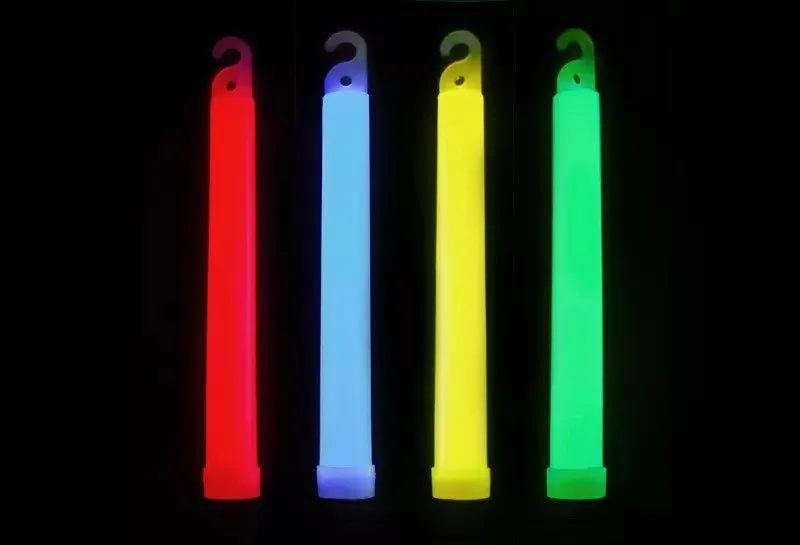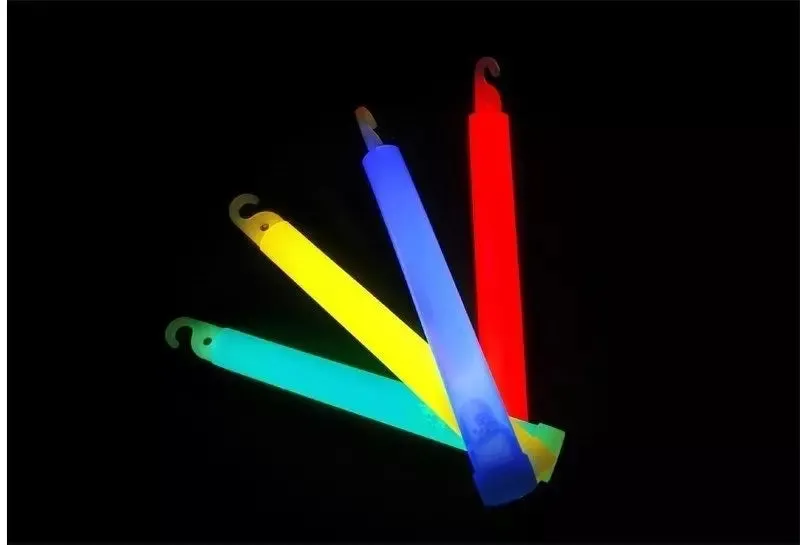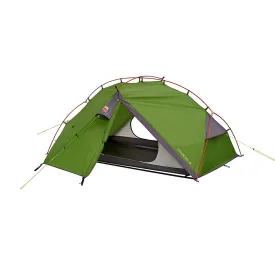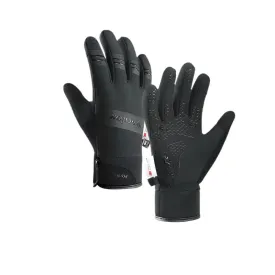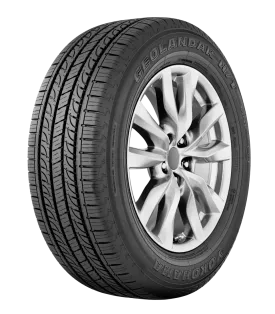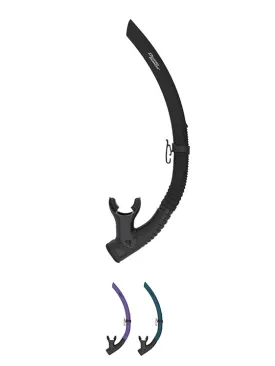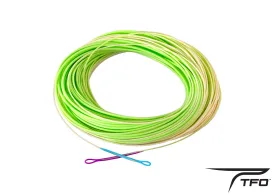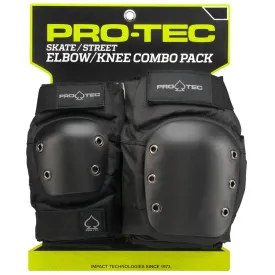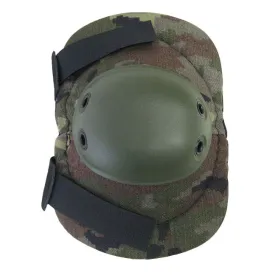The Lightstick, also known as starlight, cyalume, glowstick, trekking light, fishing light or simply chemical light, is a cylinder of silicone, or other soft plastic material, that is self-luminescent and varies in size from a few cm to more than 30 cm.
It uses a safe chemical reaction called chemoluminescence to generate light. The main chemical components of a Glowstick are hydrogen peroxide, diphenyl oxalate (an ester of oxalic acid) and a fluorescent pigment on which the colour depends: yellow, blue, green, purple, red, orange or white.
To ignite the light, simply bend the wand and break the vial inside. This causes the chemical compounds to mix and starts the luminescent reaction. The mechanism is the reaction between the hydrogen peroxide and the ester, which provide the energy to excite the electrons of the fluorescent dye. The electrons move from the fundamental to the excited energy level and return to the fundamental level to emit light.
This reaction generally has a 24-hour lifetime. It is not possible to switch off these devices once they are switched on. However, the chemical reaction can be slowed down considerably by placing them at a low temperature, e.g. in a freezer, so that they can be used again, albeit for a limited period, usually 3-4 hours. In fact, the temperature directly influences the speed of the chemical reaction that is the basis of luminescence.
The lightstick, because of its impermeability and its ability to generate light in a practical manner and without the need for electricity, is used in many fields:
- military and airsoft
- signalling or emergency light
- hiking, camping, sports
- diving (night diving)
- emergency vehicle parking
- places where electricity is not preferable (risk of explosion)
- temporary marking of places or perimeters
- skydiving
- skiing
- recreational purposes
- fishing




